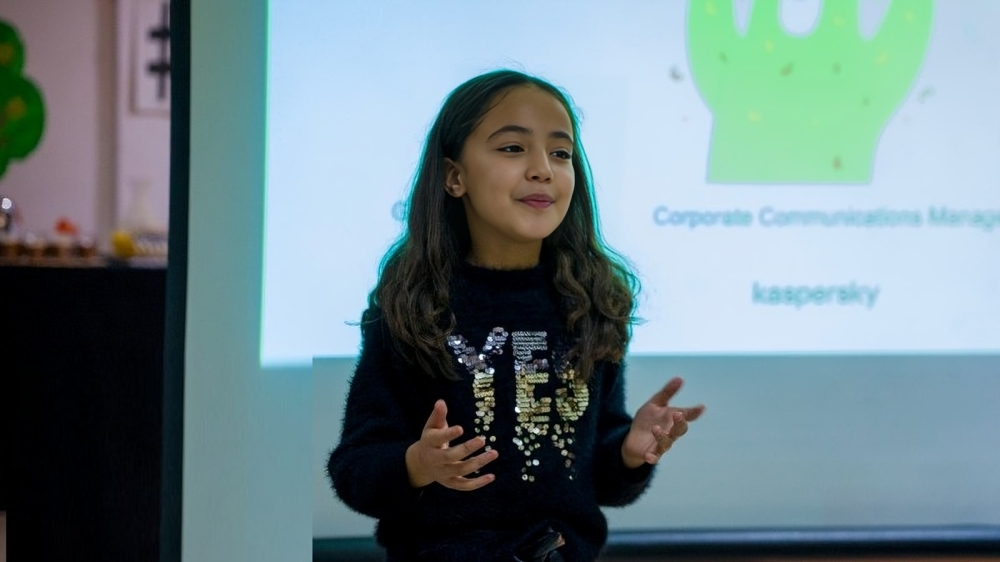-
16:30
-
16:00
-
15:30
-
15:00
-
14:30
-
14:00
-
13:30
-
13:00
-
12:00
-
11:30
-
11:00
-
10:30
-
10:00
-
09:30
-
09:00
-
08:30
-
08:00
-
07:30
-
07:00
Empowering Moroccan Youth: Kaspersky's Initiative in Promoting Online Safety
Kaspersky, a leading cybersecurity firm, recently collaborated with Cadi Ayyad School in Casablanca to host a "Family Day" event, aiming to educate students and parents on online safety risks and best practices. This interactive workshop was designed to increase awareness of the cyber threats confronting today's tech-savvy youth.
Victor Martins Fidalgo, Kaspersky's Consumer Global Account Manager, expressed the objective of sensitizing children to internet risks, particularly as more of them gain access to smartphones. In an interview with Morocco World News, he emphasized the importance of installing antivirus software and practicing caution in sharing personal information as effective measures against cyber attacks.
Youssef Bentaleb, Director of Morocco's National Campaign Against Cybercrime, underscored the dual nature of the internet, which facilitates communication and entertainment but also harbors online dangers. He highlighted the central message of the event, emphasizing the need for vigilance.
During the workshop, Kaspersky analysts presented compelling statistics that shed light on the scope of cybersecurity issues. Notably, it was revealed that nine out of 10 children have daily access to smartphones, indicating the relevance of the issue to youth. Additionally, the finding that 88% of Moroccan parents have never installed security software suggests a significant knowledge gap.
The discussion also touched upon Moroccan law 103-13, which prohibits cybercrimes such as discrimination, assault, and harassment. Globally, there exists a paradox where 92% of parents use devices to pacify children, yet 91% also regard these devices as educational tools, highlighting the complexity of the online threats facing children.
Attendees were educated about various risks including scamming, harassment, and doxing (sharing private content). Kaspersky recommended strategies such as never trusting messages about prizes and promptly reporting obscene images instead of sharing passwords or personal details.
Gladys Salmouth, Kaspersky's Corporate Communications Manager, introduced Kaspersky Safe Kids parental control software as a solution. She elaborated on its features, emphasizing its ability to protect children through geolocation monitoring and content filtering.
The workshop concluded with an emphasis on mutual learning, highlighting the importance of active parental engagement in children's online activities. Through initiatives like this, Kaspersky is equipping Morocco's next generation with the necessary skills to navigate technology responsibly and safely.



